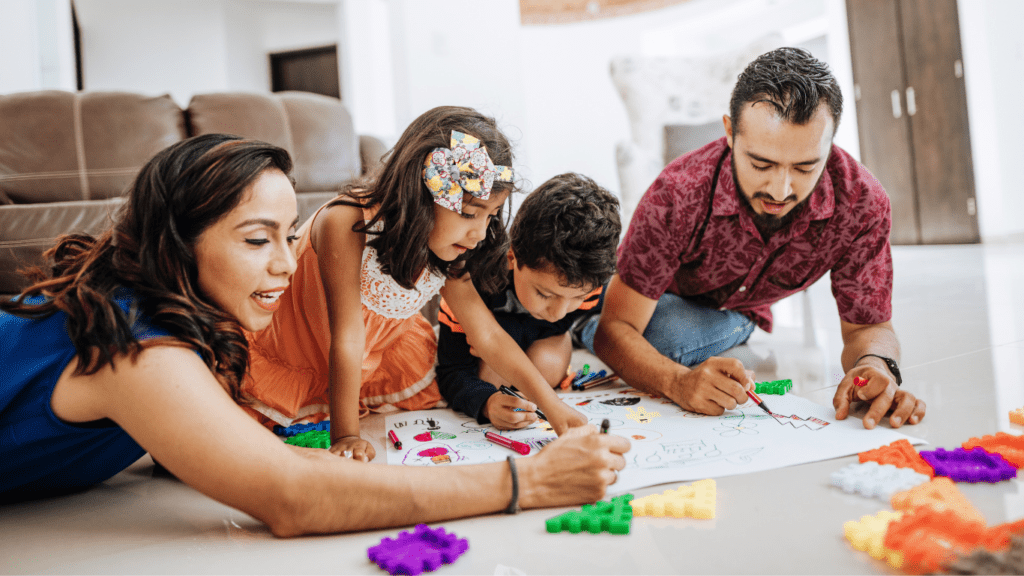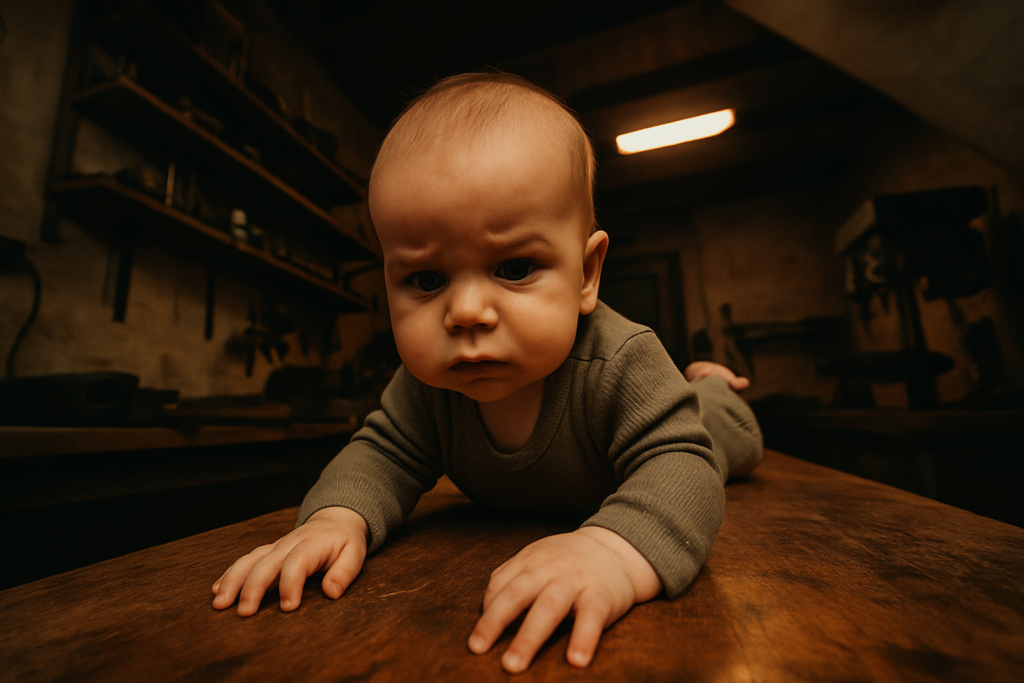Growing up, some of my favorite memories were the moments spent laughing and playing with my family. Whether it was a simple board game night or a spontaneous outdoor adventure, those experiences weren’t just fun—they were building blocks for who I am today. Family fun isn’t just about creating happy memories; it plays a critical role in shaping how we think, feel, and connect with others.
When families engage in enjoyable activities together, they’re fostering more than just smiles. These moments nurture essential cognitive skills like problem-solving and creativity while strengthening emotional bonds. It’s incredible how something as simple as shared laughter can boost a child’s confidence and emotional resilience.
The Importance Of Family Fun In Child Development
- Participating in family fun boosts a child’s cognitive and emotional growth. Activities like board games and outdoor adventures enhance problem-solving abilities and critical thinking. Children experiment with strategies, learn to adapt, and develop creative solutions in engaging environments.
- Shared family moments also strengthen emotional skills. Playing together fosters trust, encourages communication, and creates a sense of belonging. For instance, storytelling or collaborative art projects allow children to express emotions and build empathy as they interact with others.
- Family fun contributes to social development by teaching collaboration. Cooperative games or team-based activities help children understand teamwork, responsibility, and conflict resolution. These experiences equip them with skills for forming healthy relationships outside the home.
- Positive family interactions promote emotional resilience. Laughing together during movie nights or overcoming challenges in group activities reduces stress and builds coping mechanisms. Enjoyable, supportive experiences prepare children to handle adversity with confidence.
Cognitive Benefits Of Family Activities
Family activities provide powerful opportunities for cognitive growth. By engaging in shared experiences, children develop foundational skills that support lifelong learning.
Enhancing Problem-Solving Skills
Interactive family activities improve problem-solving abilities. Board games like chess or Scrabble teach strategic thinking by requiring children to plan, predict outcomes, and adjust tactics. Outdoor activities, such as treasure hunts, challenge children to navigate, evaluate options, and make decisions. These experiences help children practice critical reasoning and adapt to challenges in a supportive environment.
Boosting Language And Communication Abilities
Group activities strengthen language and communication skills. Storytelling sessions encourage children to arrange thoughts coherently, expand vocabulary, and express ideas effectively. Family discussions during meals or collaborative games develop active listening and clear articulation. Activities like charades or word-guessing games further refine non-verbal communication and improve interpretative abilities.
Stimulating Creativity And Imagination
Creative family projects fuel imagination. Collaborative activities like:
- drawing
- crafting
- building puzzles
inspire children to explore ideas and think innovatively. Role-playing games, such as pretend play or acting out skits, encourage problem visualization and flexible thinking. These activities nurture a child’s ability to generate unique ideas while exploring diverse perspectives.
Emotional Growth Through Shared Experiences

Shared family experiences enhance emotional growth by creating meaningful connections and fostering personal development in children. These moments provide the foundation for emotional resilience and stronger interpersonal skills.
Building Stronger Family Bonds
Engaging in shared activities strengthens trust and emotional connections within families. When I participate in collaborative games or storytelling with my family, I notice how these interactions create a sense of unity. Consistently spending quality time together reinforces communication and deepens our relationships, laying the groundwork for enduring support systems.
Encouraging Empathy And Emotional Intelligence
Family fun activities allow children to observe and mirror positive emotional behaviors. Whether we’re working together on art projects or playing cooperative games, these experiences help children understand others’ perspectives. I’ve seen firsthand how such activities encourage kids to express their emotions constructively, developing empathy and emotional intelligence for real-life situations.
Reducing Stress And Enhancing Mental Health
Shared family moments provide emotional relief and help manage stress for both children and adults. Whether we’re engaged in a simple outdoor picnic or a group movie night, these experiences create an environment of relaxation. I’ve found that these enjoyable family fun moments boost mental health by fostering feelings of safety, happiness, and belonging for everyone involved.
Types Of Family Fun Supporting Development
Family fun provides opportunities to nurture skills and strengthen emotional bonds. Various activities cater to cognitive and emotional growth across different settings.
Educational Games And Activities
Educational games promote learning and problem-solving. Board games like Scrabble help improve spelling and strategy, while puzzles enhance spatial awareness and critical thinking. Trivia challenges encourage curiosity and general knowledge growth. Interactive apps focused on math or science concepts offer engaging ways to learn technology-based problem-solving.
Outdoor Adventures And Physical Play
Outdoor play fosters creativity, physical health, and teamwork. Activities like hiking combine exercise with observation skills, while scavenger hunts teach organization and collaboration. Sports such as soccer or basketball encourage social cooperation, resilience, and coordination. Camping introduces survival skills and an appreciation for nature, enriching sensory experiences.
Arts, Crafts, And Creative Endeavors
Creative projects encourage self-expression and innovation. Group art activities like painting or clay modeling build fine motor skills and imagination. Storytelling sessions help children articulate their emotions and ideas clearly. Creating homemade crafts, such as holiday decorations, fosters patience, focus, and a sense of achievement. Frequent involvement in arts strengthens creative problem-solving and emotional insight.





